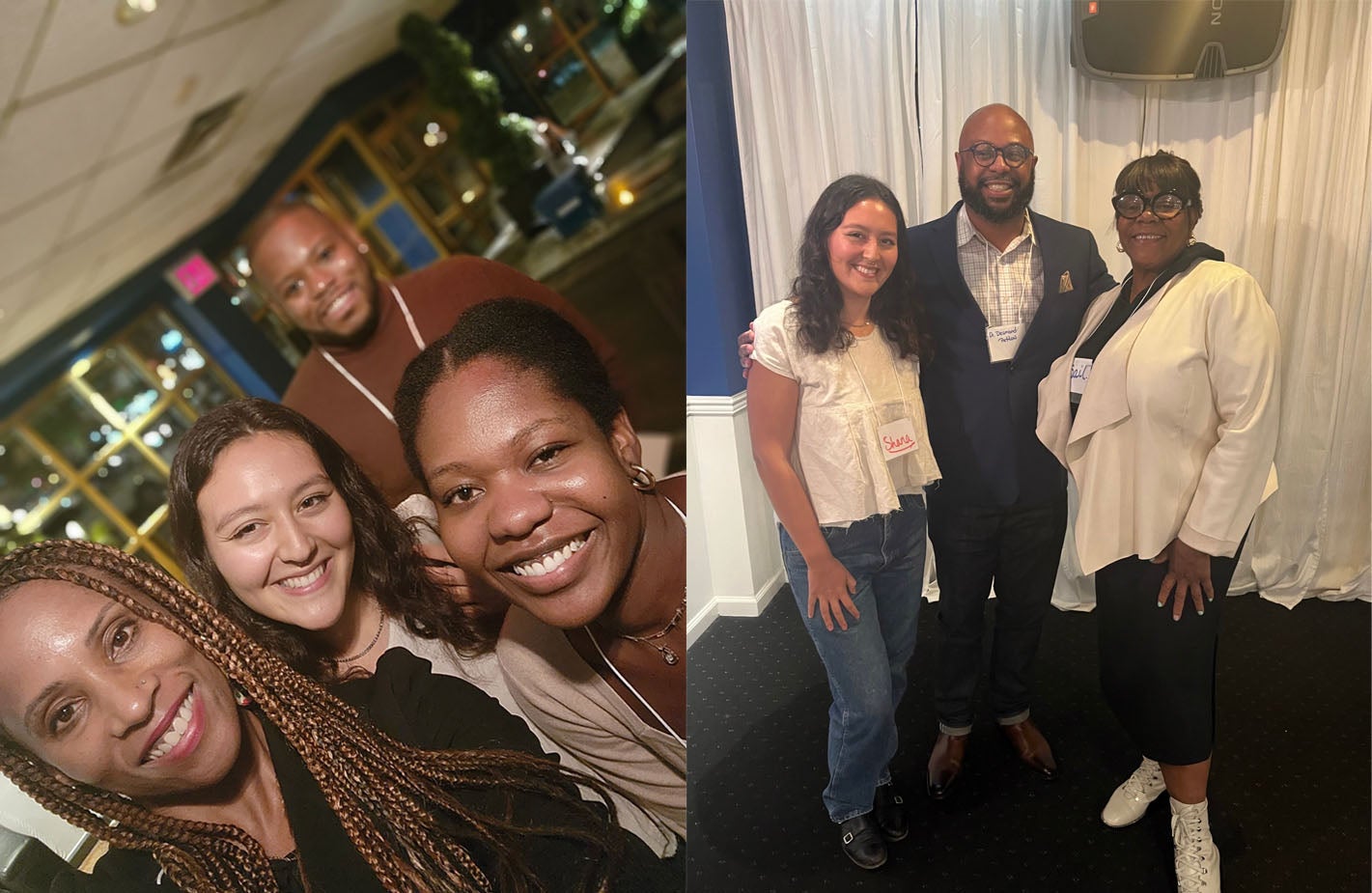
Projects
Learn more about our projects below.
Photo Credit (top image): Michael Förtsch / Unsplash
Creators for Community Safety
On December 6, a collaboration between SAFELab, Penn Medicine, and ABRO hosted the Second Annual Creators for Community Safety Institute, a one-day interactive convening designed to deepen the role of digital creators in violence prevention and community healing.
Ongoing Work
Black Grief in Harlem
The goal of this project is to provide Black individuals in Harlem experiencing COVID-19-related loss with new tools and support to address prolonged grief. To achieve this, the project team will work in partnership with the non-profit civil rights and social justice organization Mobilizing Preachers and Community, New York (MPAC-NY) to engage Black community leaders in Harlem in a series of focus groups to introduce and discuss digital tools created by the Center for Complicated Grief at Columbia University to help address prolonged grief disorder (PGD). Concurrently, the project will leverage the experience of researchers at SAFELab at University of Pennsylvania to analyze online writings about grief by community leaders and other members of the Harlem community, and generate insights into the way that grief is expressed. Using the insights from the focus groups and the online writings, the project team will modify the existing PGD tools to better support the needs of Black communities in Harlem and will disseminate these modified tools. We have conducted 30 focus groups with Harlem community members regarding their experiences with grief & loss.

Integrating Emotional Stories Online
The IESO team is looking for Black identified Columbia students to participate in a research study on feelings of emotional distress.
SAFELab is hosting an online platform called IESO, where students can discuss the stressful events of this year anonymously with peers. Users are encouraged to make an account and post about what they are feeling, and to leave comments to support their peers.
Users of IESO will help SAFELab achieve a more sensitive understanding of emotional reactions to events and improve existing computational models of emotions to be more sensitive to the needs of Black users.
The information sheet can be found here.
Join at http://ieso.cs.columbia.edu/.
Contact safelabupenn@gmail.com for more information.
Artificial Intelligence- Assisted Identification of Child Abuse and Neglect in Hospital Settings with Implications for Racial Bias Reduction and Future Interventions
Child abuse and neglect is a social problem that has reached epidemic proportions. The broad adoption of electronic health records in clinical settings offers a new avenue for addressing this epidemic. The SAFElab, Dr. Maxim Topaz and Dr. Kenrick Cato from the School of Nursing at Columbia University, and Dr. Ashley Blanchard from New York-Presbyterian are developing an innovative artificial intelligence system to detect and assess risk for child abuse and neglect within hospital settings that would prioritize the prevention and reduction of bias against Black and Latinx communities.
The project is funded by the Data Science Institute seed fund grant.
